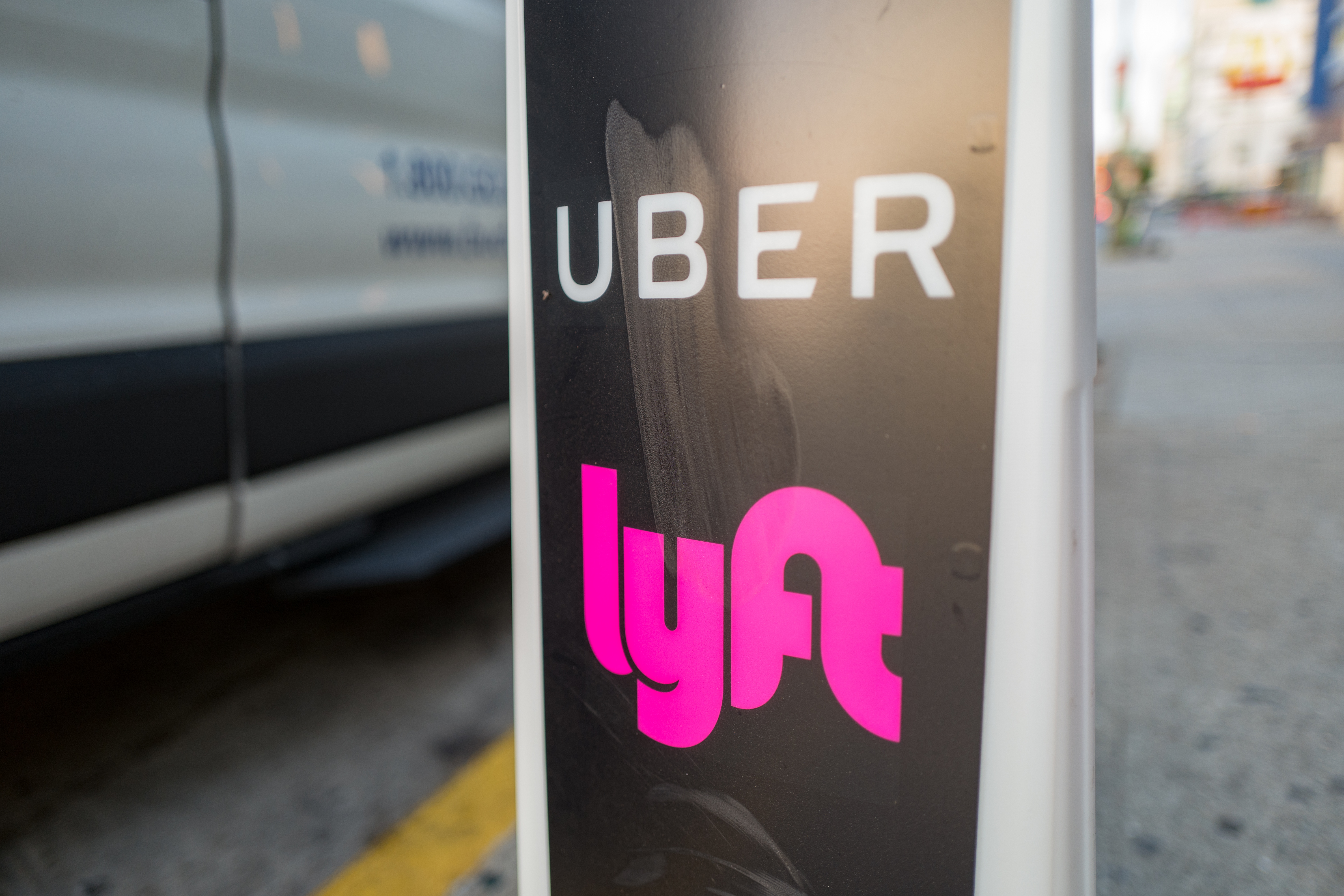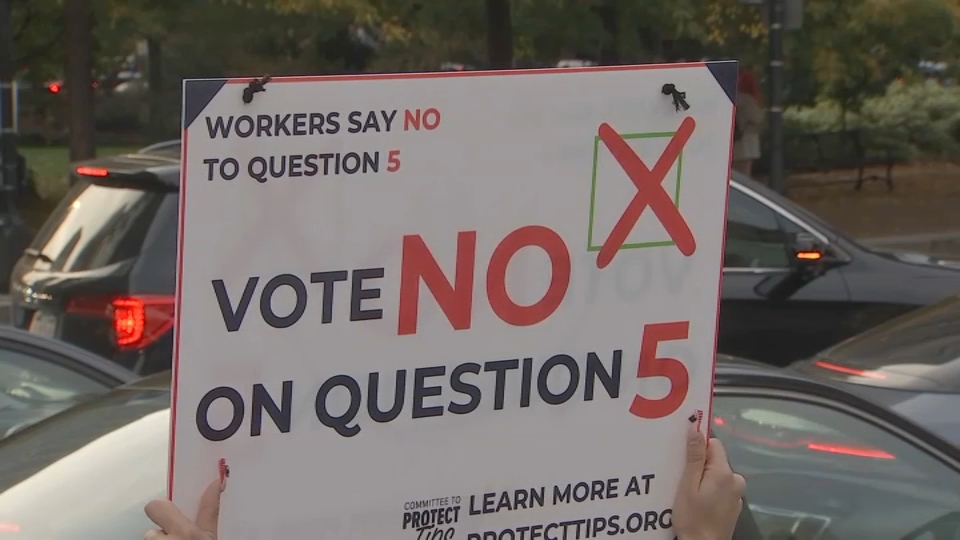Question 3 passed, allowing drivers from companies like Uber and Lyft to form labor unions.
Uber and Lyft drivers in Massachusetts will be able to negotiate wages, benefits and working conditions, under a ballot question approved on Tuesday.
With 95% of the votes counted as of 12:30 p.m. on Wednesday, 54% of voters supported Question 3 and 46% were against it. The campaign waited overnight while more ballots were counted and declared victory on Wednesday afternoon.
WATCH ANYTIME FOR FREE
Stream NBC10 Boston news for free, 24/7, wherever you are. |
"We cannot wait any longer to begin to exercise our union rights – the same union rights that have provided millions of workers in Massachusetts and across the country with secure, good-paying jobs," Yosef Woldeyes of Dorchester, who drives for Uber and Lyft, said in a statement released by the campaign. "Drivers like us are parents, grandparents, siblings, neighbors and members of Massachusetts communities who depend on our jobs to provide for our families. With a union, we can sit down with Uber and Lyft and shape a rideshare industry that works for all of us - drivers and riders."
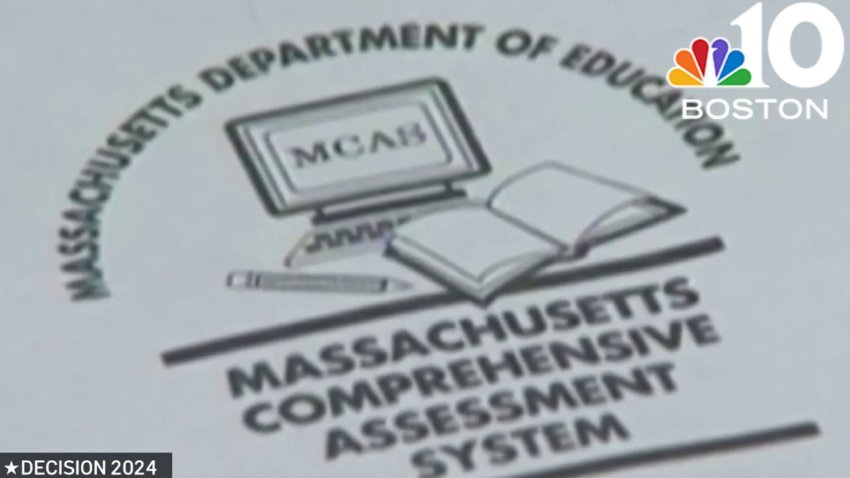
Get updates on what's happening in Boston to your inbox. Sign up for our News Headlines newsletter.
The approach outlined in the ballot question is called sector-based bargaining, and it will allow drivers across multiple companies to negotiate with employers, and also allow multiple transportation companies, like Uber and Lyft, to form their own association to represent them while bargaining with the drivers union.
The state's Commonwealth Employment Relations Board will supervise the labor agreements and the secretary of labor will have the responsibility to approve or disapprove the negotiated recommendations.
The question was intended to improve drivers' welfare, the new law saying: "These persons often suffer poor pay, inadequate health coverage, and irregular or inadequate working hours. It is hereby declared that the best interests of the commonwealth are served by providing transportation network drivers the opportunity… to bargain collectively in order to obtain sustainable wages, benefits, and working conditions."
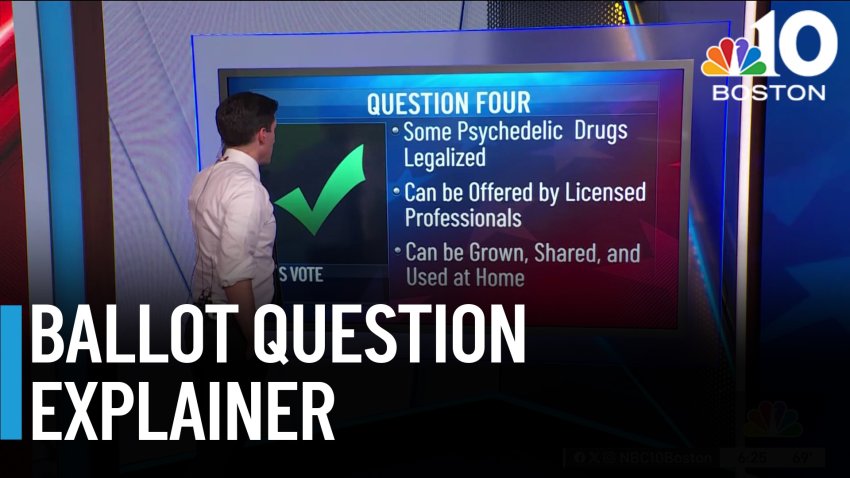
There were no official opponents to the law, though some warned that Uber and Lyft prices would likely increase if it passed.
"With the passage of this ballot measure, we look forward to working collaboratively on its implementations and addressing some of the language concerns we have during the legislative session next year," Lyft said in a statement on Wednesday.
A Tufts Center for State Policy Analysis report said that drivers may not be able to start forming unions right away.
"In 2015, when the city of Seattle endorsed a version of sector-based bargaining for rideshare drivers, their effort was met with multiple lawsuits, including from the U.S. Chamber of Commerce, which stalled implementation for years and ultimately scuttled the effort," the report says.
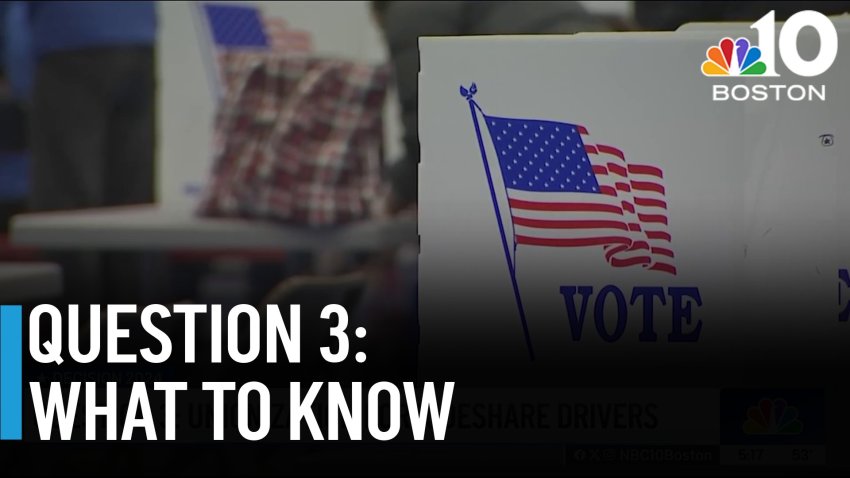
It says the drafters of the Massachusetts proposal made changes to address some of the issues targeted in the Seattle suit, such as being clearer about the intent to exempt workers from state and federal antitrust laws and clearer about the state's role in overseeing any agreement.
The report warns, however, that opponents of Question 3 could still have an opportunity to raise objections through the courts — and effectively put implementation on hold as that process plays out.
"There was a lot of thoughtfulness on crafting our ballot measure in a way that would be protected from any legal challenge. So we feel pretty confident that we would be able to back our ballot initiative if the need comes," Roxana Rivera, assistant to the president at 32BJ SEIU told the State House News Service at the election night party.
Lawmakers could also choose to make adjustments to the ballot measure, though top Democrats have not publicly expressed an opinion on whether they plan to make any amendments.
"We're focused on exercising their right once they get it, and we're going to just move and see if these drivers now want to join a union and collectively bargain and have a voice in the workplace. So we're laser focused on that, and we're ready for anything anybody else brings," said Mike Vartabedian, who leads the state's machinists union.
The Yes on 3 party in the 32BJ SEIU headquarters in downtown Boston was packed full of drivers, where they were blasting Latin music, had a buffet bar of food, and at one point had a conga line of dancers.
"It's really something I'll never forget," Vartabedian said. "I've been doing this for a long time. I've been in labor a long time, and to see workers who have never had the option to join a union, have had a voice in the workplace, with being mistreated, being underpaid, etc. etc., to be able to have that option, to have that voice … It's something you never get used to."
Before there were official results, driver Cletus Awah expressed his optimism at an election night party in Boston hosted by 32BJ SEIU.
"They thought they were too big for us to stand against them," Awah said. "They thought that will we not have our union."

